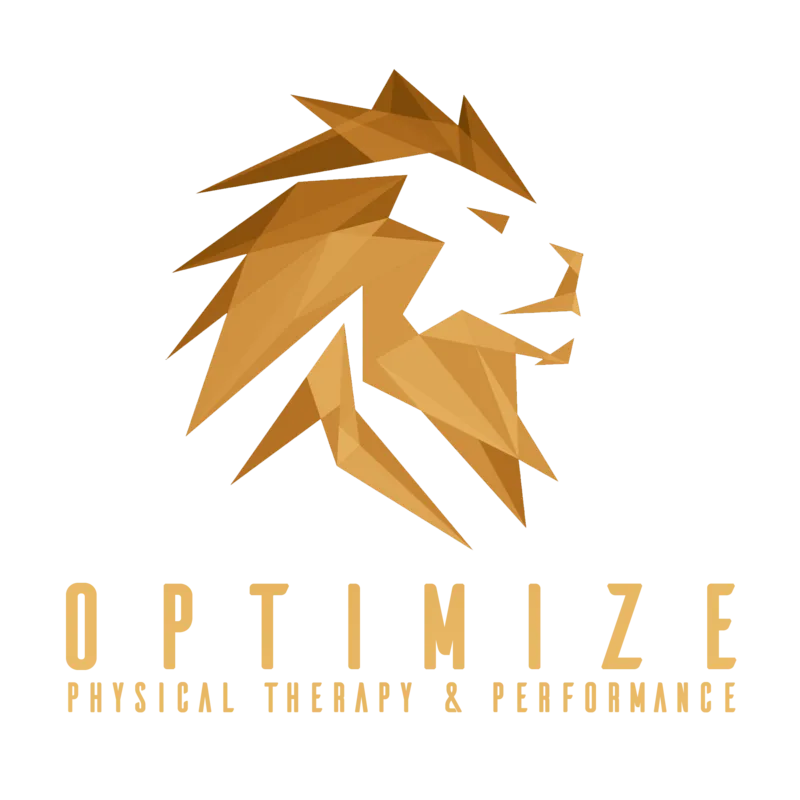Pediatric physical therapy is a specialized field that focuses on helping children overcome physical impairments, developmental delays, and disabilities. At PT-360 Sports and Spine Therapy in Portland, OR, we understand the importance of early intervention in ensuring that children reach their full potential. Pediatric physical therapy can help children improve their motor skills, strength, coordination, and overall physical function, allowing them to participate more fully in everyday activities.
What Is Pediatric Physical Therapy?
Pediatric physical therapy is a branch of healthcare specifically designed to address the unique needs of infants, toddlers, children, and adolescents who may be experiencing developmental delays, injuries, or congenital conditions. Our experienced pediatric physical therapists work closely with both the child and their family to create a tailored treatment plan that promotes growth, development, and independence.
Common Conditions Treated in Pediatric Physical Therapy
Pediatric physical therapy can be beneficial for a wide range of conditions, including:
- Developmental Delays: Some children may reach physical milestones, such as crawling, walking, or standing, later than expected. Pediatric therapy helps children develop the strength and coordination they need to achieve these milestones.
- Cerebral Palsy: Children with cerebral palsy often struggle with movement and muscle coordination. Pediatric physical therapy focuses on improving mobility, strength, and posture to enhance independence.
- Spina Bifida: This birth defect can lead to weakness and mobility challenges. Physical therapy helps children with spina bifida improve their strength and function, enabling them to move more effectively.
- Torticollis and Plagiocephaly: Torticollis is a condition that causes a child’s head to tilt to one side due to tight neck muscles, while plagiocephaly refers to flat spots on a baby’s head. Therapy helps improve neck movement and correct head shape.
- Sports Injuries: For older children and adolescents, sports injuries can affect their ability to participate in activities. Physical therapy aids in the recovery process and helps prevent future injuries.
How Pediatric Physical Therapy Supports Development
Pediatric physical therapy at PT-360 focuses on more than just physical recovery; it plays a crucial role in helping children reach developmental milestones and improve their quality of life. Here’s how:
- Strengthening and Conditioning
Therapeutic exercises are designed to strengthen muscles, improve coordination, and build endurance. Children may engage in activities such as stretching, balance exercises, and motor coordination drills that are tailored to their specific needs and abilities. By improving strength and motor function, children are better equipped to perform daily tasks such as walking, running, and playing. - Gross and Fine Motor Skills Development
Physical therapy also focuses on helping children develop both gross and fine motor skills. Gross motor skills involve larger movements such as jumping, running, and climbing, while fine motor skills involve smaller movements like grasping objects and writing. Therapists use play-based activities and exercises that engage and motivate children, ensuring that therapy is both effective and enjoyable. - Improving Mobility and Balance
Children with mobility issues benefit from gait training, balance exercises, and coordination activities. These interventions help improve their ability to walk, run, and perform other activities with greater stability and confidence. For children who use mobility aids like walkers or wheelchairs, physical therapy ensures that they are using their equipment safely and effectively. - Posture and Alignment Correction
Children with conditions such as scoliosis or poor posture may experience discomfort and limited mobility. Physical therapy helps correct posture and improve alignment, preventing future complications and promoting healthy growth. - Parent Education and Home Exercises
At PT-360, we believe that family involvement is essential to the success of pediatric therapy. We educate parents and caregivers on how to support their child’s progress at home. Home exercise programs are customized to fit the child’s needs and help maintain the progress made during therapy sessions.
The Benefits of Pediatric Physical Therapy
The benefits of pediatric physical therapy extend beyond physical improvements. This form of therapy can enhance a child’s overall well-being, self-confidence, and social development. Some of the key benefits include:
- Increased independence: As children develop stronger motor skills, they gain more independence in their daily activities.
- Improved social participation: Better mobility and coordination allow children to participate more fully in school, sports, and play with their peers.
- Prevention of future complications: Early intervention can prevent the progression of certain conditions and reduce the risk of future health problems.
Why Choose PT-360 for Pediatric Physical Therapy?
At PT-360 in Portland, our team of pediatric physical therapists is dedicated to providing compassionate and effective care. We take a child-centered approach, using play-based therapy and exercises that make sessions enjoyable while delivering results. Our therapists have experience working with children of all ages and abilities, and we work closely with families to ensure that each child’s individual goals are met.
When to Consider Pediatric Physical Therapy
If you notice that your child is experiencing delays in reaching physical milestones, difficulty with movement, or other physical challenges, pediatric physical therapy may be the right choice. Early intervention is crucial for addressing developmental delays and preventing further complications. At PT-360, we provide comprehensive evaluations to determine the best course of treatment for your child’s needs.
Conclusion
Pediatric physical therapy plays a vital role in helping children overcome physical challenges and reach their full potential. Whether your child is facing developmental delays, recovering from an injury, or living with a congenital condition, PT-360 in Portland is here to provide expert care. Our team is committed to supporting your child’s growth, development, and overall well-being through personalized physical therapy plans. Contact us today to schedule an appointment and learn how pediatric physical therapy can benefit your child.
FAQs on Pediatric Physical Therapy
- How does pediatric physical therapy differ from adult therapy?
Pediatric therapy is tailored to the developmental needs of children, using play-based activities to engage young patients while addressing their physical challenges. - What age group does pediatric physical therapy cover?
Pediatric physical therapy can benefit children from infancy through adolescence, addressing a wide range of developmental and physical challenges. - How long does pediatric physical therapy last?
The duration of therapy depends on the child’s specific condition and progress, with treatment plans tailored to meet individual needs and goals. - What can parents do at home to support therapy?
Parents can support their child’s therapy by following home exercise programs provided by the therapist and ensuring a supportive, encouraging environment for development. - Is pediatric physical therapy covered by insurance?
Many insurance plans cover pediatric physical therapy, but coverage may vary depending on the plan and the child’s condition. Our staff can assist with insurance questions.

